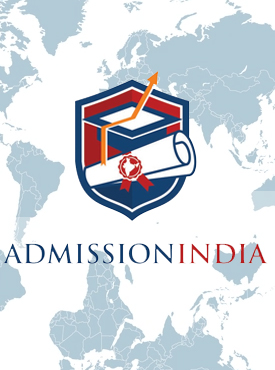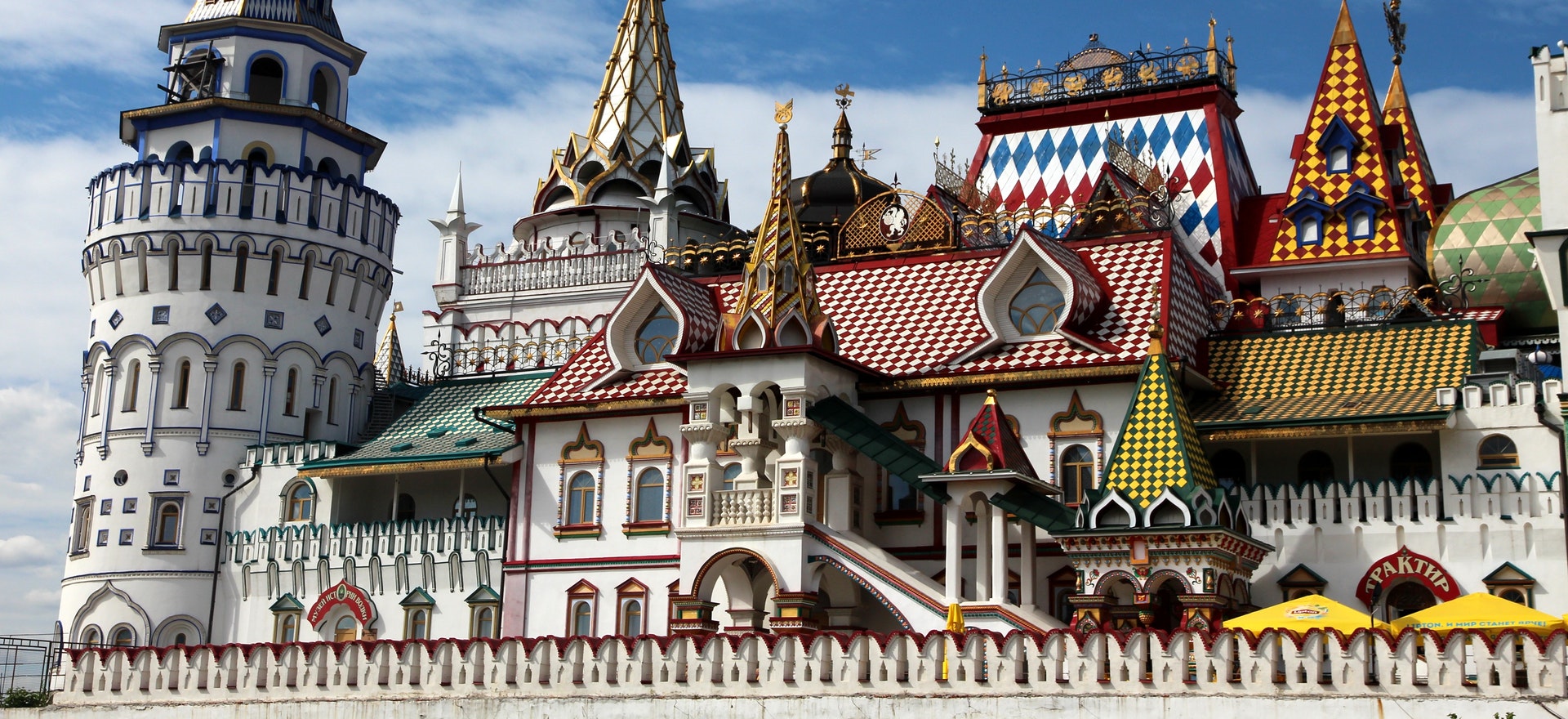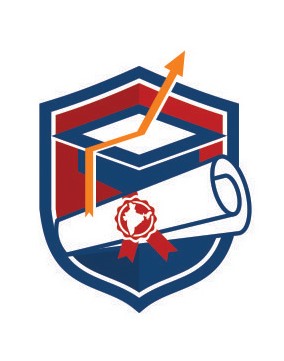Life in the Country
Russia is the world's largest nation, spanning nine time zones. High mountains, vast plateaus, a varied culture, and a lengthy history define the country. Russia is renowned for scientific research, and it has a storehouse of universities offering higher education in various subjects. Out of all the other contributions of Russia, the country has produced the most notable authors and artists in the world.
Due to the influx of international influences, Russian culture has grown more complex. When meeting someone for the first time, Russians are perceived as extremely cold; nonetheless, they are very kind to their visitors. Russians zealously defend their nation and get along well with those who appreciate Russian tradition and culture. They are fiercely devoted to their identity. Russians are known to be dependable and kind individuals who like theatre, dancing, music, and history. When speaking to strangers, they are incredibly polite and rarely express resentment or anger. Russians are often very forthright, and once they are acquainted with a person, they will be open to discussing new ideas and other people's opinions.
Language
Russians speak numerous languages. A range of regional dialects is spoken in addition to Russian (the official language) when interacting with people of diverse linguistic backgrounds.
Driving Laws
People in Russia drive on the right side of the road. It is advisable always to buckle your seatbelt. The front seats are not appropriate for young children. Using a phone while driving is illegal to prevent any mishap; licence plates must always be clean and visible.
Major Cities with Varied Course Options
With a lengthy and distinctive history, Russia retains a significant position in the world. Statistics show that Central Russia has the highest density, at 43.6%. Students can explore more than simply well-known locations with a degree from Russia. In Russia, numerous art and architectural styles have developed over the years, especially in urban areas. Moscow, St. Petersburg, Novosibirsk, Yekaterinburg, Kazan, and Samara are the country's five most significant and most populated cities.
As listed in the QS World University Rankings 2021, 13 of the 28 Russian Universities were ranked among the top 400 institutions worldwide. Russian colleges that are among the top include:
- Lomonosov Moscow State University
- Novosibirsk State University
- St Petersburg State University
- Tomsk State University
- Moscow Institute of Physics and Technology State University
- Bauman Moscow State Technical University
Part-time and Post Study Work Opportunities
No permit is necessary for international students working for universities or affiliated organisations. In other instances, full-time students can obtain permits that are good for a year with the option of an extension. A fine of 2,000 and 5,000 roubles or 5,000 and 7,000 roubles will be imposed on foreigners without a work permit.
Routes to Permanent Settlement
Students must first establish a temporary residence in order to be awarded permanent residency in Russia. Additionally, students must demonstrate knowledge of Russian legislation, history and language. These, however, are not required of minors or people over 60, students enrolled in recognised universities, those given employment by Russian businesses, or foreigners with Russian ancestors from the Soviet Union.





